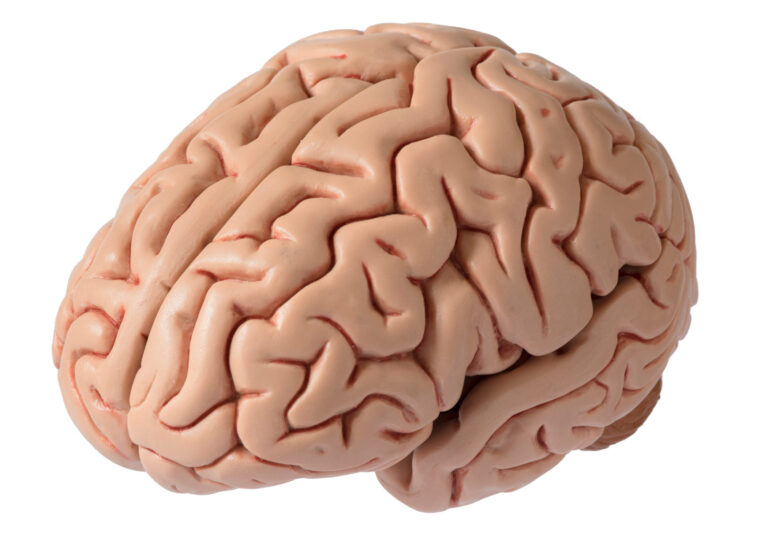Dementia is a condition that affects millions of people worldwide, causing memory loss, confusion, and difficulty with daily tasks. It is a progressive disease that primarily affects older adults, and its prevalence is expected to increase as the population ages.
Diagnosing dementia can be a complex and challenging process, even in urban areas with advanced medical facilities. However, the challenges are even more significant in rural areas, where access to healthcare and specialized services is limited. In this article, we will explore the challenges of diagnosing dementia in rural areas and the impact it has on patients, caregivers, and healthcare providers.
Limited Access to Healthcare Services
One of the main challenges of diagnosing dementia in rural areas is the limited access to healthcare services. Many rural communities lack specialized medical facilities, such as neurologists and geriatricians, who are trained to identify and diagnose dementia. This means that individuals living in these areas may have to travel long distances to seek medical attention, which can be difficult for older adults with mobility issues.
Moreover, there may also be a shortage of primary care physicians in rural areas, making it even more challenging to receive a proper diagnosis. In some cases, patients may have to wait for weeks or even months to see a doctor, delaying their diagnosis and potential treatment.
Lack of Awareness and Stigma
Another significant challenge in diagnosing dementia in rural areas is the lack of awareness and stigma surrounding the condition. Many people in rural communities may not be familiar with dementia and its symptoms, leading to a delay in seeking medical help. Furthermore, there is often a stigma attached to dementia that prevents individuals from seeking a diagnosis or disclosing their symptoms to others.
This lack of awareness and stigma also extends to healthcare providers in rural areas. They may not have adequate training or knowledge about dementia, leading to misdiagnosis or delayed diagnosis. According to a study by the Alzheimer Society of Canada, rural healthcare providers reported feeling ill-prepared and lacking in resources to diagnose and manage dementia.
Financial Constraints
Individuals living in rural areas may also face financial constraints that hinder their ability to seek a diagnosis for dementia. As mentioned earlier, they may have to travel long distances to access healthcare services, which can be costly, especially for those on fixed incomes. Additionally, some health insurance plans may not cover the cost of specialized services or diagnostics tests needed for a dementia diagnosis, further adding to the financial burden.
High Cost of Diagnostics Tests
The diagnostic process for dementia often involves a series of medical tests, including blood work, brain imaging, and cognitive assessments. These tests can be expensive, and healthcare facilities in rural areas may not have the equipment or resources to conduct them. As a result, patients may have to travel to urban areas to undergo these tests, causing further delays and financial strain.
Limited Availability of Support Services
Diagnosing dementia is not just a medical process; it also involves providing support and resources for patients and their caregivers. However, in rural areas, there is a lack of support services for individuals with dementia and their families. This includes access to support groups, respite care, and home care services, which can provide much-needed assistance for caregivers and improve the quality of life for patients.
The impact of these challenges is not only felt by patients but also their caregivers. Caring for a loved one with dementia can be physically and emotionally draining, and the lack of support services in rural areas can make it even more challenging. This can lead to caregiver burnout and further delay in seeking a proper diagnosis and treatment.
In conclusion, diagnosing dementia in rural areas is a complex and challenging task that requires addressing various barriers. These include limited access to healthcare services, lack of awareness and stigma, financial constraints, high cost of diagnostic tests, and limited availability of support services. There is a need for increased education and training for healthcare providers in rural areas, as well as the development of specialized services and support networks for individuals with dementia and their caregivers. With these efforts, we can improve the diagnosis and management of dementia in rural communities and ultimately improve the quality of life for those affected by this condition.




